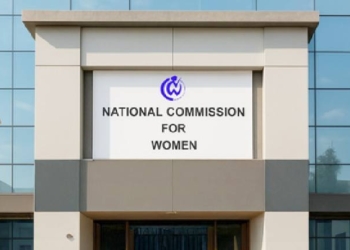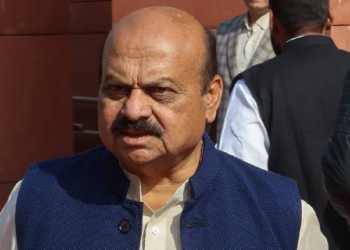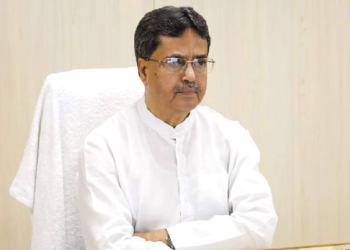New Delhi: The Supreme Court on Tuesday stressed on maturity in context of the constitutional dialogue conducted between constitutional functionaries, while hearing a plea by Punjab government challenging the Governor’s refusal to convene the Budget session of the Assembly on March 3.
A bench, headed by Chief Justice D.Y. Chandrachud and comprising Justice P.S. Narasimha, said the failure of a constitutional authority to fulfil its duty would not be a justification for another to not fulfil his distinct duty under the Constitution.
“Constitutional discourse should be conducted with a sense of decorum and mature statesmanship, particularly in the context of the constitutional dialogue conducted between constitutional functionaries. Political differences in a democratic polity are acceptable and have to be worked with a sense of sobriety and maturity without allowing the discourse to degenerate into a race to the bottom,” it said.
The bench observed that first, it is to ensure the constitutional position in regards to the duty of the Governor to act on aid and advice of Council of Ministers to summon the legislative Assembly is fulfilled without any delay or demur. Second, to ensure the obligation of the Chief Minister to furnish information to the Governor in terms of Article 167 (b) of the Constitution, it added.
The bench said unless these principles are borne in mind, the effective implementation of the constitutional values is liable to be placed in jeopardy as a situation emerged before this court leading to institution of petition under Article 32 of the Constitution for summoning the legislative Assembly.
The Governor does not enjoy discretionary powers under the Constitution’s Article 174 in summoning the Assembly, as settled in the Nabam Rebia case by the apex court’s constitution bench.
“It is inconceivable that the Budget session of the legislative Assembly would not be convened. Can only hope that mature constitutional statesmanship would ensure that such instances do not occur in the future as much as we reiterate our expectations that constitutional functionaries should be deeply cognisant of the entrustment of public trust in the offices, which they occupy,” said the bench.
It further added the public trust which is entrusted to them is intended to subserve the cause of our citizens to ensure the affairs of the nation are conducted with a sense of maturity so as to accomplish objects of the Preamble.
During the hearing, Solicitor General Tushar Mehta, representing the Governor, informed the bench that the Punjab Governor, by an order, has summoned the house for the budget session on March 3.
The case stemmed from a face-off between the Governor and the Chief Minister over some information sought by the former, who then delayed convening the state Assembly for the Budget session.
The bench emphasised that CM is constitutionally bound to furnish the Governor with information and “not furnishing the information would be against his constitutional duty”.
Chief Justice Chandrachud noted “the tone of the Chief Minister left much to be desired…”, however the dereliction of the CM to do so would not allow the Governor to not do his constitutional duty to summon the Budget session.
The bench noted that the Governor spoke of seeking legal advice, while referring to the cabinet’s decision and the tweet and the letter dated February 14, but held that there is no question of seeking legal advice on convening the house. He was duty bound.
Last week, Governor Banwarilal Purohit said that he will decide on allowing the proposed Budget session of the Assembly slated on March 3 only after seeking legal advice on the “derogatory and patently unconstitutional tweets and letter” written by Chief Minister Bhagwant Mann.
The council of ministers had recommended that the budget session be held from March 3-24 and a letter seeking the Governor’s approval was sent to him.
In the letter, Purohit reproduced the tweets and letter sent by the Chief Minister on February 13 and 14 in response to his letter.
On February 13, the Governor had slammed the Aam Aadmi Party (AAP) government by questioning decisions taken by it in the past couple of weeks, including lack of transparency in selecting teachers to be sent to Singapore for training.
He had also questioned the appointment of a “tainted” person as Chairperson of Punjab Infotech, saying he was accused in property grabbing and kidnapping cases.
The Governor had sought the criteria and details of the entire selection process of Principals for sending them to Singapore as there were allegations of “no transparency”.
(IANS)














